Your parents probably warned you as a teenager about carefully considering who you choose to associate with, but you probably never thought that advice also applied to your training, did you? Well, it seems that group dynamics can play an important role in determining your ultimate success.
Try to keep up
According to research, if you’re the fastest guy in your training group, then you’re in the wrong group. In terms of your training environment, it seems that you’ll get better results when you’re the underdog trying to keep up with those who are stronger, faster or fitter than you.
It’s also worth choosing your training group based on their attitude as those who are committed and have a good work ethic will ensure you achieve the goals of each session and will be less likely to skip out on hard training.
When it comes to sports like running or cycling, the group can only train at the threshold of the slowest member. That means that as the slowest or weakest member of the group, it’s likely that you’ll work closer to your relative threshold than the stronger athletes in the group, more of the time, which has the potential to deliver the greatest training effect.
You’ll also be less inclined to back off during a group workout when you’re not feeling at full strength or when conditions are less than ideal due to the social pressure of keeping up, even if that is self-imagined and self-imposed.
This, again, when done with the right frequency and in the context of a balanced periodised training programme, can deliver better relative gains than those achieved by the stronger, fitter group members.
Competitive environment
Research also suggests that a competitive training environment is more conducive to performance gains than one where social support is the overriding culture.
A study led by Jingwen Zhang, Ph.D., which was published in the journal Preventive Medicine Reports, put almost 800 graduate and professional students at the University of Pennsylvania through a varied 11-week exercise programme.
Participants either worked out alone or in a team where the dynamics were designed to be either socially supportive or competitive. The best performing participants were determined by how many classes they or their team attended.
The researchers found that whether a person was alone or in a team didn’t affect how many workouts they did, but those in competitive environments worked out more across the board, attending 90% more classes than those in social groups or individuals with no means to measure their performance against others.
Interestingly, participants tended to exercise far less while in the socially supportive groups than they did while in competitive groups or alone.
The study’s senior author Damon Centola, an associate professor of communication and engineering at the University of Pennsylvania, explained that group dynamics have a lot of power over exercise behaviour because a competitive environment can shift the focus of the group to the most active participants who set the benchmark for performance. “As people were influenced by their neighbours to exercise more, it created a social ratchet, where everyone increased everyone else’s activity levels,” he was quoted as saying.
Psychological benefits
In addition, the moral support and encouragement within the right group also tends to be disproportionately focused on the underdog during harder training sessions – it’s human nature to do this, which is a social norm backed by a substantial body of research.
Better athletes, in whatever form, have also achieved their status as a result of both good genes, hard work and experience. It stands to reason then that you’ll be tapping into a wealth of knowledge and experience in whatever it is you’re focusing on by training with these individuals and can therefore benefit greatly.
Come race or competition day, bringing up the rear of the group’s collective performances can often be highly motivating as you try to outperform your previous best and shatter preconceived perceptions about your ability, whether that be your own or the group consensus.
And the acknowledgment and affirmation of your ability that comes with recognition from those who you perceive as superior to you in terms of their ability is also highly rewarding and motivational. This helps to build self-belief in your own capabilities and raises expectations of your own abilities.

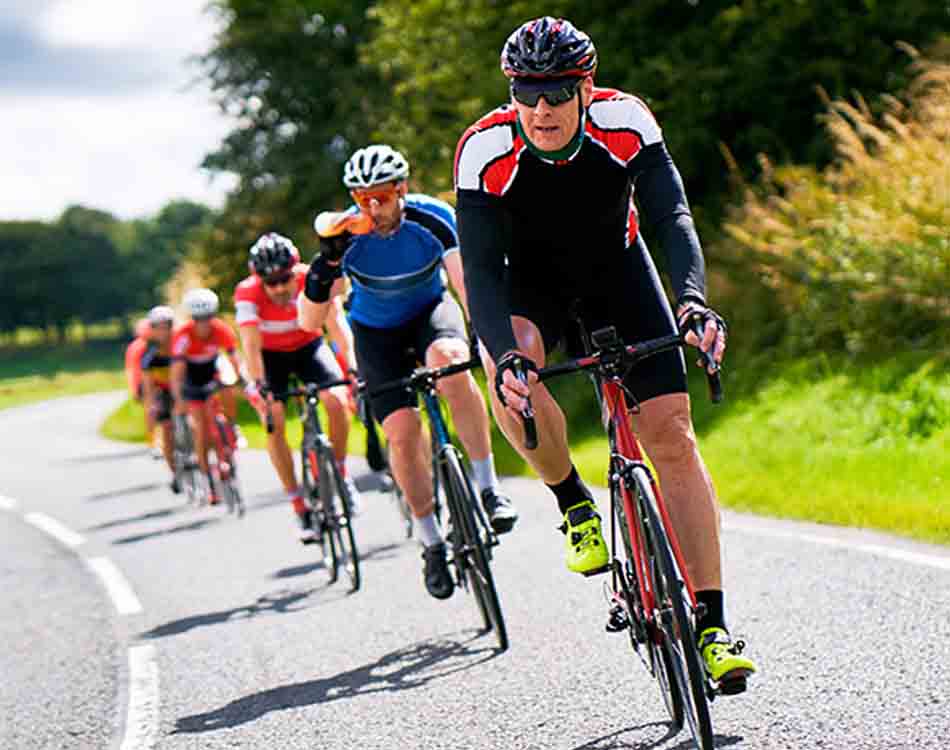
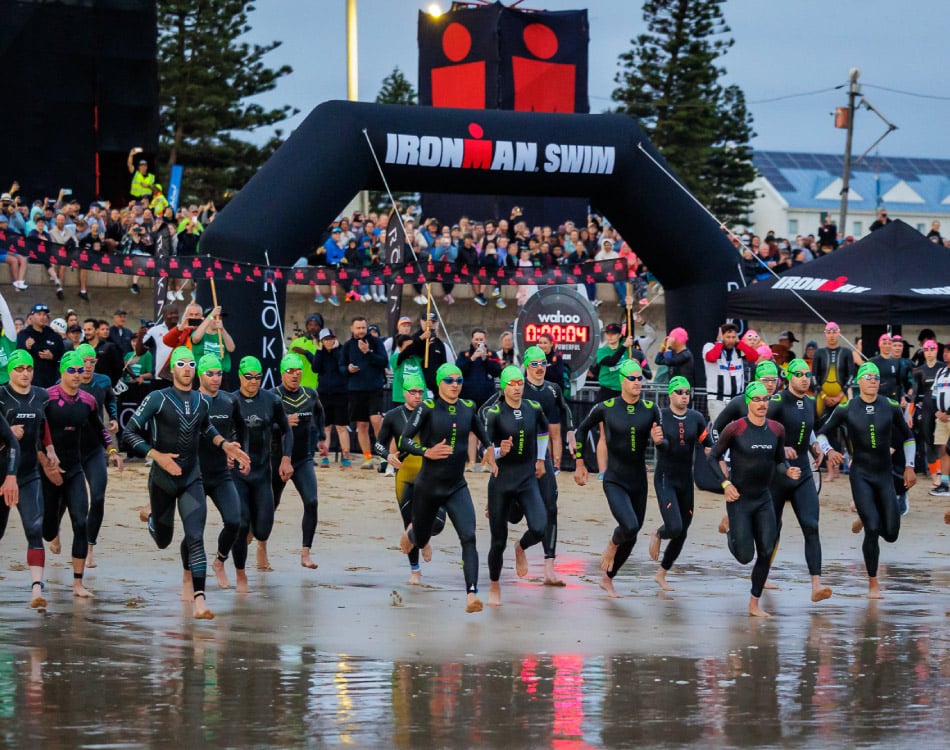
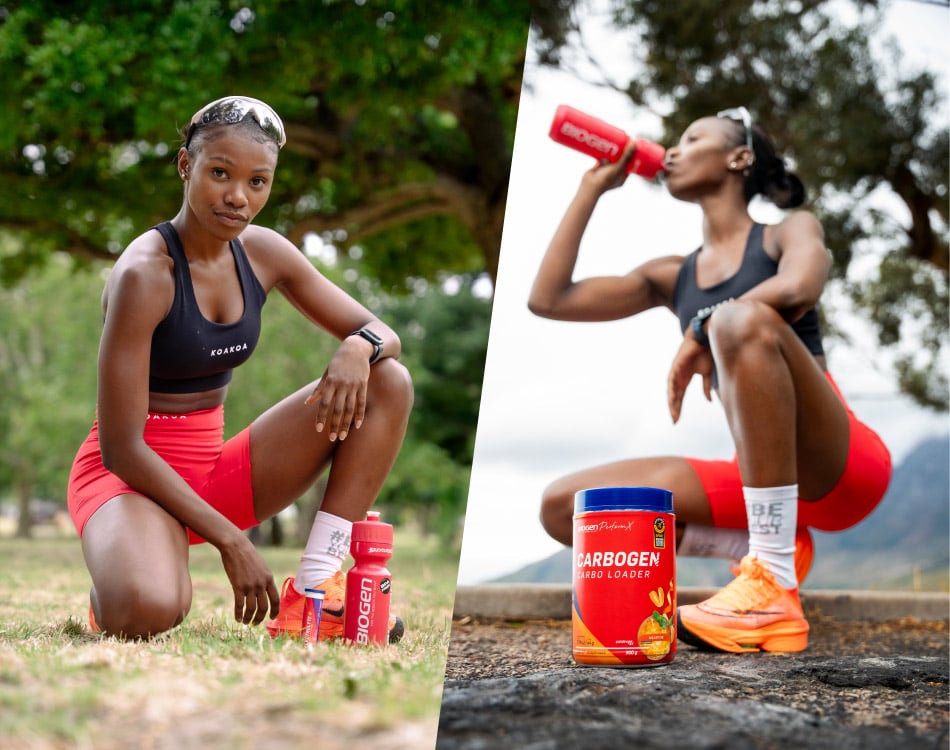

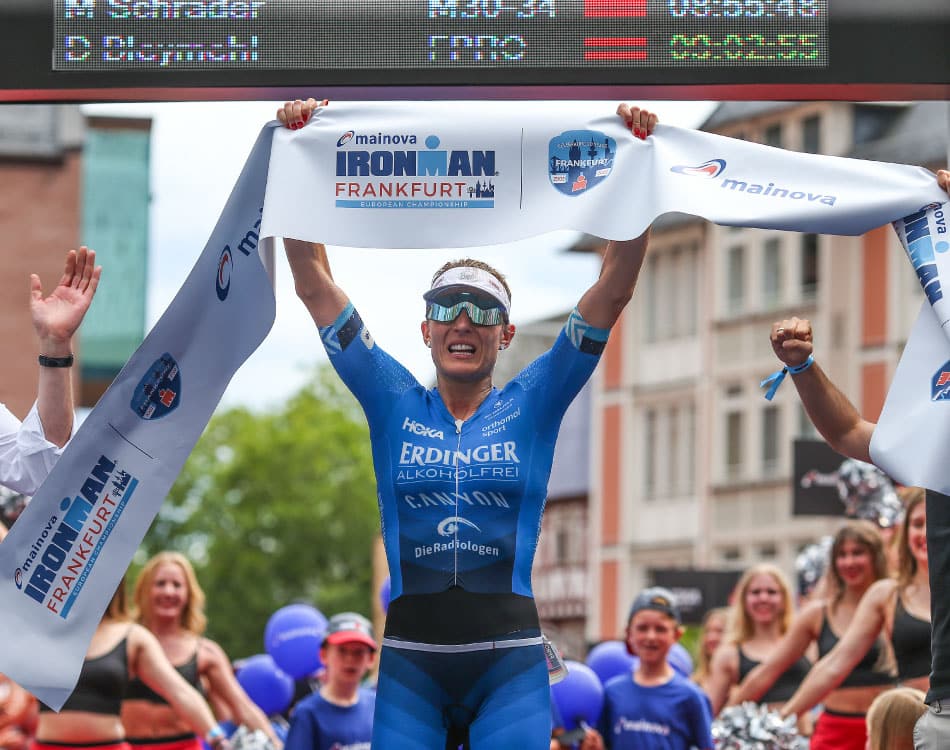
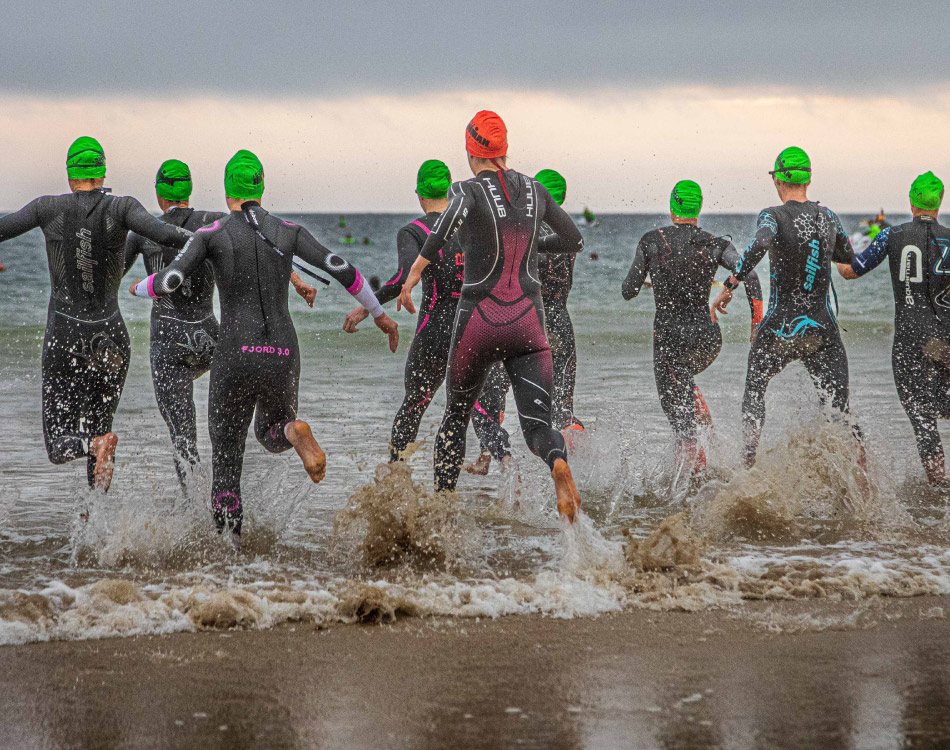
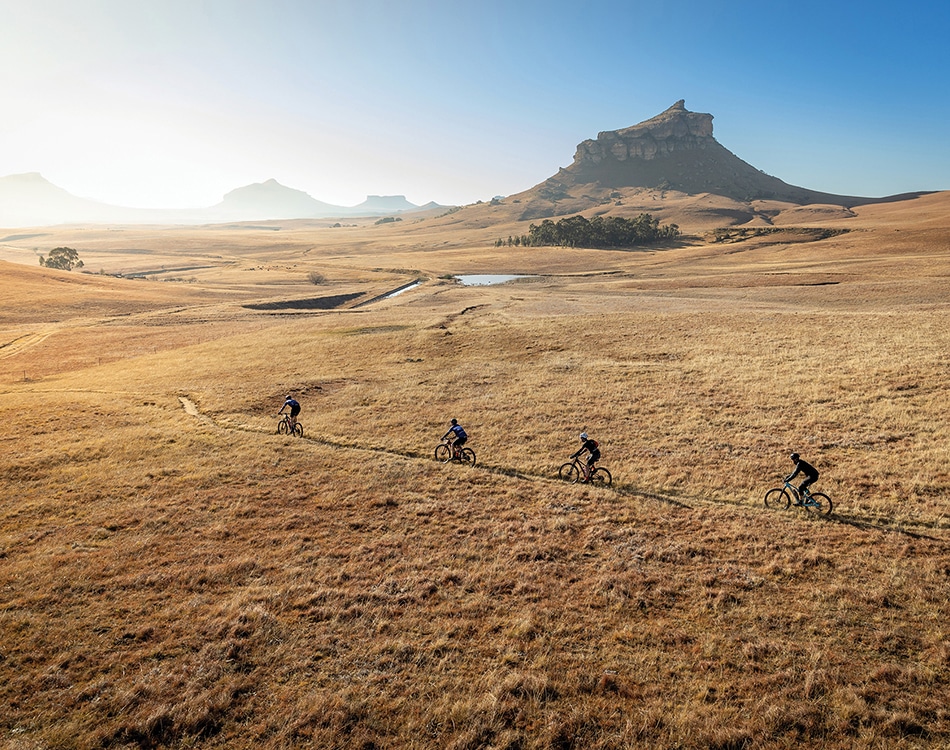
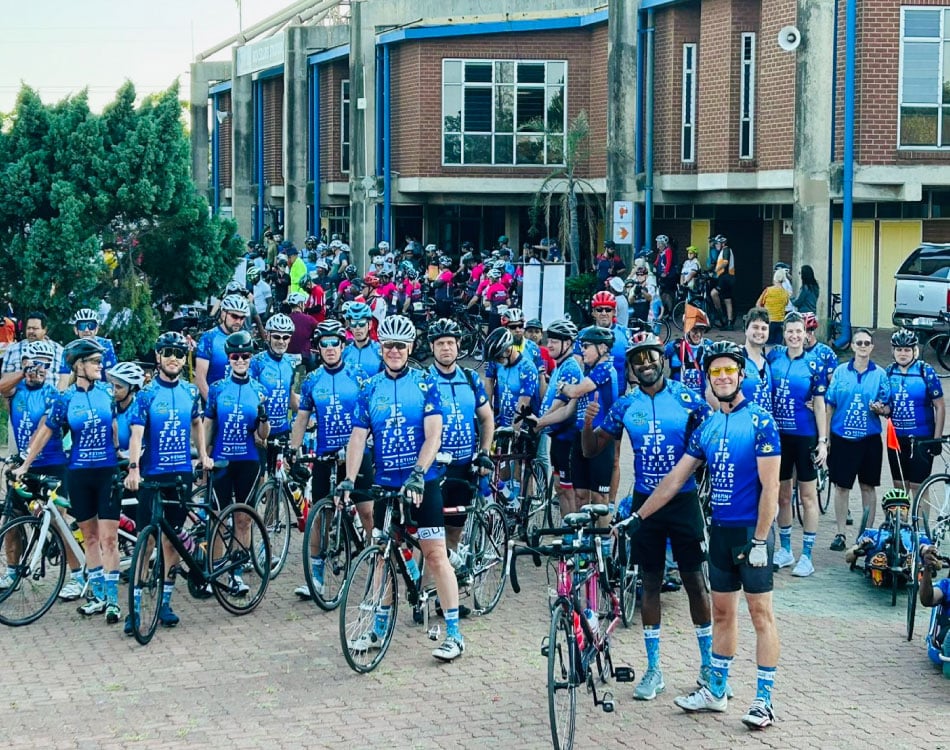

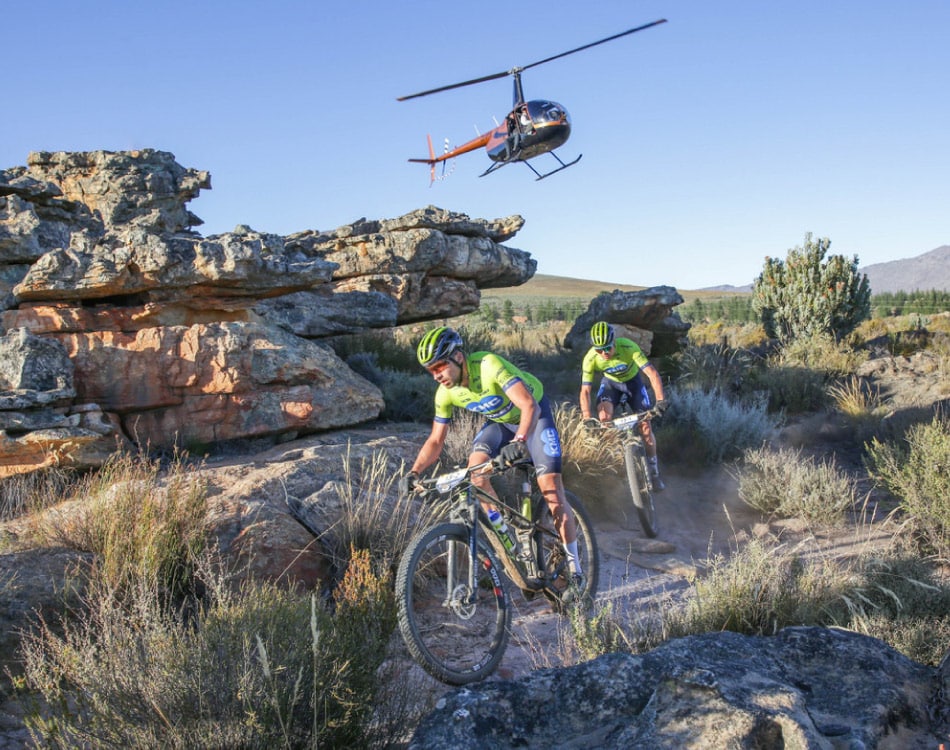

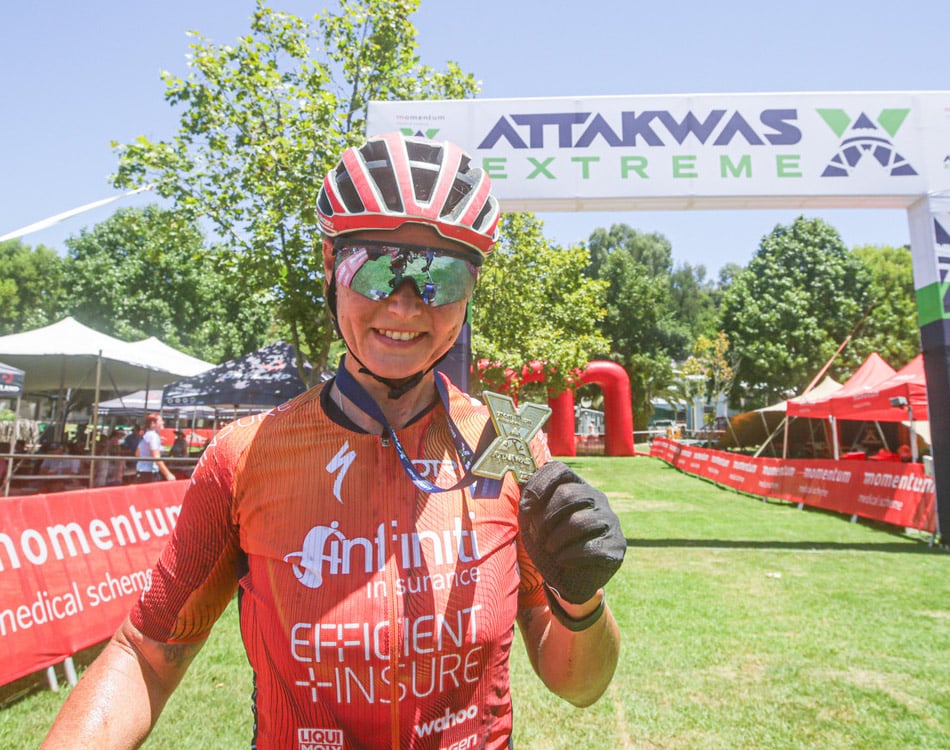




Leave A Comment